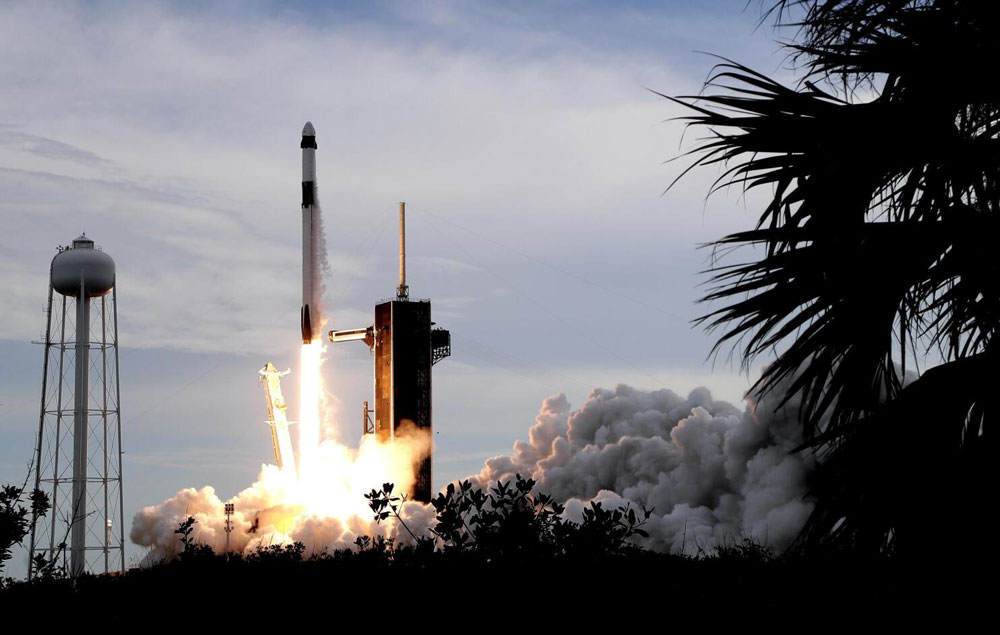SpaceX, the pioneering space company helmed by Elon Musk, has seen its valuation soar to an unprecedented $350 billion after a recent secondary share sale. According to CNBC, this milestone cements SpaceX as one of the most valuable private companies globally and ranks it among the top 25 publicly traded companies in the S&P 500 by market capitalization, alongside giants like Johnson & Johnson and Bank of America.
Key Developments in the Share Sale
The valuation boost comes as SpaceX and its investors executed a $1.25 billion stock buyback offer at a price of $185 per share. Rather than raising new capital, this transaction represents a secondary sale of existing shares, enabling employees and early investors to cash out part of their holdings. SpaceX itself bought back $500 million in common stock as part of the offer, demonstrating its robust financial health.
Elon Musk noted that there was limited interest in selling shares at the new valuation. In a social media post, he revealed that SpaceX reduced its stock buyback to allow new investors an opportunity to participate in the round. This strategic move underscores strong investor confidence in SpaceX’s long-term potential.
A Rapidly Climbing Valuation
SpaceX’s $350 billion valuation marks a staggering 67% increase from its previous high of $210 billion recorded during a June 2024 secondary share sale. This rapid growth highlights the company’s dominance in the space industry and its ability to execute on ambitious projects.
The valuation also places SpaceX above the market values of leading U.S. defense contractors, further solidifying its position as a critical player in both the commercial and governmental space sectors.
Driving Factors Behind the Growth
Several key factors have propelled SpaceX to its current valuation:
Dominance in Satellite Launches: SpaceX has established a near-monopoly in the U.S. satellite launch market, with its workhorse Falcon rockets providing reliable and cost-effective options. Competitors have struggled to field operational rockets capable of keeping up with SpaceX’s pace and performance.
Starlink’s Growing Subscriber Base: The company’s satellite internet business, Starlink, continues to thrive. With approximately 7,000 satellites launched and around five million subscribers, Starlink remains a crucial revenue driver for SpaceX. Its global reach and affordability have made it a key player in the internet connectivity market.
Advances in Starship Development: SpaceX’s next-generation Starship rocket, designed to be fully reusable and capable of unprecedented payload capacity, is advancing steadily through flight tests. The sixth test of the spacecraft, launched from the Boca Chica facility in Texas in November, represents a significant milestone in SpaceX’s efforts to revolutionize space travel.
Market Implications and Future Prospects
The impressive valuation places SpaceX in a unique position among private companies and makes it a benchmark for the broader aerospace industry. The company’s financial strength and technological leadership are drawing comparisons to Silicon Valley’s most influential tech firms.
SpaceX’s ambitions extend beyond Earth’s orbit. With plans to use Starship for missions to the Moon, Mars, and beyond, the company is pushing the boundaries of what private industry can achieve in space exploration. Furthermore, its continued expansion of Starlink and dominance in the satellite launch industry signal sustained growth potential.











